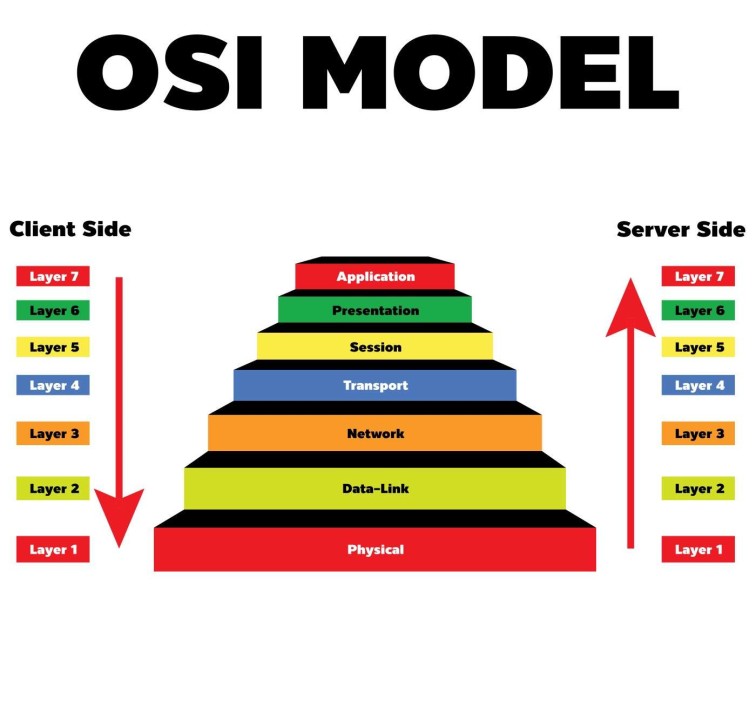
In today’s globalized world, language acquisition plays a crucial role in personal and professional development. With thousands of languages spoken worldwide, the quest to determine the best language to learn and the “best language in the world” is both intriguing and complex. This article aims to explore these questions, considering various perspectives and factors that influence language learning and global communication.
What Makes a Language the Best to Learn?
Determining the best language to learn depends on individual goals, interests, and circumstances. Here are some key factors to consider:
1. Utility and Global Reach
- English: Often cited as the best language to learn due to its status as a global lingua franca. English is the primary or secondary language in many countries and is extensively used in international business, science, technology, and diplomacy.
- Spanish: With over 460 million native speakers and widespread use across the Americas and Europe, Spanish is another top contender. It’s the second most spoken language by native speakers and offers vast cultural and economic opportunities.
- Mandarin Chinese: As the most spoken language in the world, Mandarin offers access to one of the largest and fastest-growing economies. It’s essential for business and cultural exchanges in China and beyond.
2. Cultural and Economic Opportunities
- French: Known as the language of diplomacy, French is spoken in many countries across Europe, Africa, and North America. It opens doors to rich cultural experiences and international organizations.
- German: As the most widely spoken native language in Europe and the language of economic powerhouse Germany, learning German can enhance career prospects in engineering, science, and finance.
3. Personal and Professional Goals
- Arabic: With its significant role in the Middle East and North Africa, Arabic is valuable for careers in international relations, energy, and global trade.
- Japanese: For those interested in technology, anime, or business with Japan, Japanese offers unique cultural insights and professional opportunities.
The Best Language in the World: A Subjective Debate
The concept of the “best language in the world” is inherently subjective and varies depending on criteria such as beauty, complexity, cultural richness, and personal attachment. Here are some perspectives:
1. Aesthetic and Cultural Richness
- Italian: Often lauded for its musicality and poetic nature, Italian is considered one of the most beautiful languages. It is the language of opera, classical music, and a rich literary tradition.
- French: Known for its elegance and precision, French has a longstanding reputation for its cultural and literary heritage. It’s the language of philosophers, writers, and artists.
2. Historical and Linguistic Significance
- Latin: Although no longer spoken as a native language, Latin’s influence on modern languages and its historical significance in science, law, and religion make it a strong candidate. It is the root of the Romance languages and a significant part of Western heritage.
- Sanskrit: Revered in India and among scholars of ancient texts, Sanskrit is known for its intricate grammar and profound philosophical literature. It is the classical language of Hinduism, Buddhism, and Jainism.
3. Modern Relevance and Global Influence
- English: Again, English stands out due to its unparalleled global influence. Its simplicity in basic grammar combined with a vast vocabulary borrowed from many languages makes it both accessible and rich.
- Mandarin Chinese: With its pictographic script and tonal nature, Mandarin is fascinating linguistically and holds immense contemporary relevance due to China’s global influence.
Why Learning Multiple Languages is Beneficial
While choosing the best language to learn is important, there’s a strong case for multilingualism. Here are some benefits of learning multiple languages:
1. Cognitive Benefits
- Studies show that learning multiple languages improves cognitive flexibility, problem-solving skills, and memory. Bilingual individuals often perform better on tasks requiring multitasking and attention management.
2. Career Advantages
- In an increasingly interconnected world, being multilingual enhances employability and career growth. Companies value employees who can communicate with diverse clients and partners.
3. Cultural Appreciation and Understanding
- Learning languages fosters empathy and cultural appreciation. It allows individuals to experience literature, art, and traditions in their original context, leading to a deeper understanding of global cultures.
Practical Tips for Language Learning
Embarking on the journey to learn a new language can be challenging yet rewarding. Here are some practical tips:
1. Set Clear Goals
- Define why you want to learn the language and set specific, achievable goals. Whether for travel, work, or personal interest, clear goals will keep you motivated.
2. Immerse Yourself
- Surround yourself with the language through music, films, books, and conversations with native speakers. Immersion helps reinforce learning and improves comprehension and speaking skills.
3. Practice Regularly
- Consistency is key. Dedicate regular time to study and practice. Even short, daily sessions are more effective than sporadic, lengthy ones.
4. Use Technology
- Take advantage of language learning apps, online courses, and virtual language exchange platforms. These tools provide interactive and flexible learning opportunities.
5. Be Patient and Persistent
- Language learning is a gradual process. Celebrate small achievements and stay patient through challenges. Persistence and practice are essential for progress.
Conclusion
The quest to find the best language to learn and the best language in the world reveals that the answers are highly personal and context-dependent. English, Spanish, and Mandarin are top choices for their global utility, while languages like Italian, French, and Latin offer cultural and historical richness. Ultimately, the best language to learn is one that aligns with your personal or professional goals and resonates with your interests. Embracing multilingualism enriches your life, enhances cognitive abilities, and opens up a world of opportunities. So, embark on the language learning journey with enthusiasm and curiosity, and discover the beauty and power of languages.
